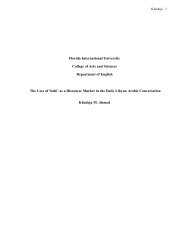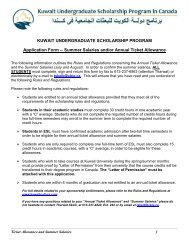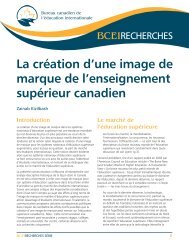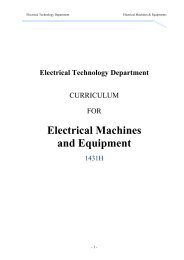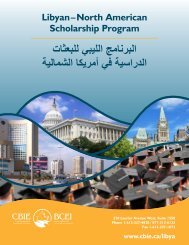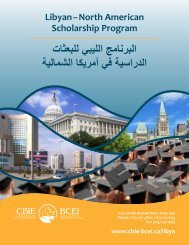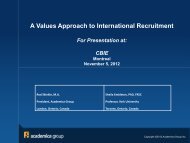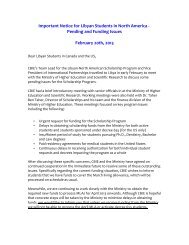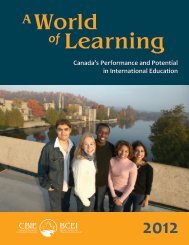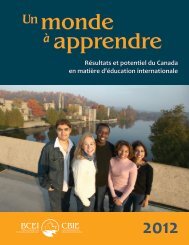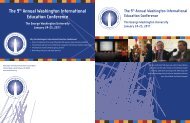Creating a New Historical Perspective: EU and the Wider World ...
Creating a New Historical Perspective: EU and the Wider World ...
Creating a New Historical Perspective: EU and the Wider World ...
You also want an ePaper? Increase the reach of your titles
YUMPU automatically turns print PDFs into web optimized ePapers that Google loves.
e required or wish to take a small number of credits in History. This is quite as<br />
important for <strong>the</strong> subject area as <strong>the</strong> issue of curricula for History students. On<br />
<strong>the</strong> basis of <strong>the</strong>se preliminary considerations it seems appropriate to speak of ‘core<br />
curricula’ in <strong>the</strong> plural, <strong>and</strong> to approach <strong>the</strong> topic first by mapping <strong>the</strong> present<br />
situation <strong>and</strong> considering <strong>the</strong> variety of logics <strong>and</strong> strategies represented.<br />
Methodology<br />
Because of <strong>the</strong> widely varying structure of <strong>the</strong> discipline as taught in <strong>the</strong> different<br />
participating countries, it seems reasonable first to try to underst<strong>and</strong> where<br />
differences <strong>and</strong> analogies actually lie in <strong>the</strong> present systems. This endeavour regards<br />
both what is actually taught or learned, in terms of contents, skills <strong>and</strong><br />
outlook, <strong>and</strong> how <strong>the</strong> teaching/learning experience is described <strong>and</strong> justified.<br />
O<strong>the</strong>r issues to be addressed are <strong>the</strong> progressive order (if any) in which certain<br />
contents are to supposed to be learned, <strong>the</strong> relationship of teaching/learning <strong>and</strong><br />
research, <strong>and</strong> <strong>the</strong> specific issue of <strong>the</strong> History ‘core’ for students whose main area<br />
of study is not History. Fur<strong>the</strong>r specific questions which should be investigated<br />
are: what are considered necessary or appropriate History studies for those who<br />
will become teachers at different levels? What are <strong>the</strong> related or even unrelated<br />
subjects, including ancillary subjects of various sorts which are recommended or<br />
required for History students? What linguistic knowledge, including that of ancient<br />
languages <strong>and</strong> of one’s own language, is necessary or recommended? What<br />
is <strong>the</strong> place of <strong>the</strong> national or local history in <strong>the</strong> curriculum? Are <strong>the</strong>re recommendations<br />
which can or should be made about history teaching/learning in an<br />
informal or life-long learning context?<br />
A final aspect which is tightly related to all <strong>the</strong> above is that of teaching, assessment<br />
<strong>and</strong> evaluation methods. For clarity <strong>the</strong>se will not be discussed in detail<br />
here as <strong>the</strong>y are considered in a separate line of <strong>the</strong> Tuning agenda.<br />
Findings<br />
The History subject area group dedicated an important part of <strong>the</strong> second Tuning<br />
meeting (held in Roskilde) to explaining <strong>and</strong> ‘mapping’ possible ways of underst<strong>and</strong>ing<br />
<strong>the</strong> concept of ‘core’ in <strong>the</strong> different participating universities. The<br />
results are contained in an annex to <strong>the</strong> minutes of that meeting. This endeavour<br />
continued in <strong>the</strong> third meeting (Ghent) along with <strong>the</strong> discussion of <strong>the</strong> first<br />
draft of <strong>the</strong> present document. The second draft was prepared by incorporating<br />
<strong>the</strong> modifications suggested; fur<strong>the</strong>rmore a questionnaire for academics was<br />
22



